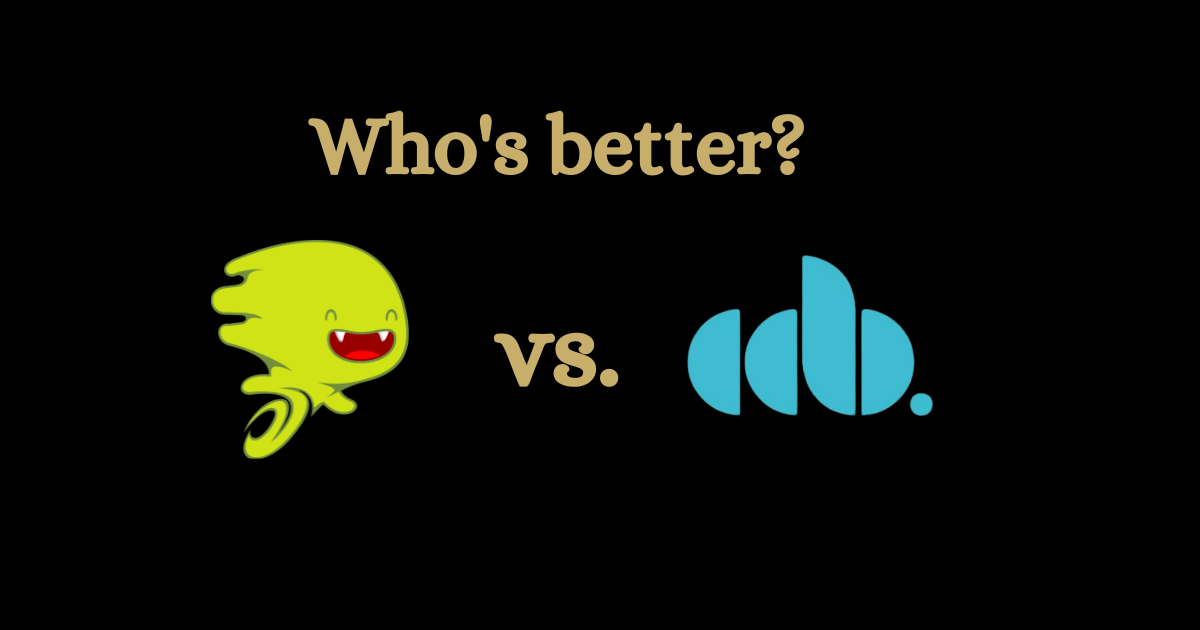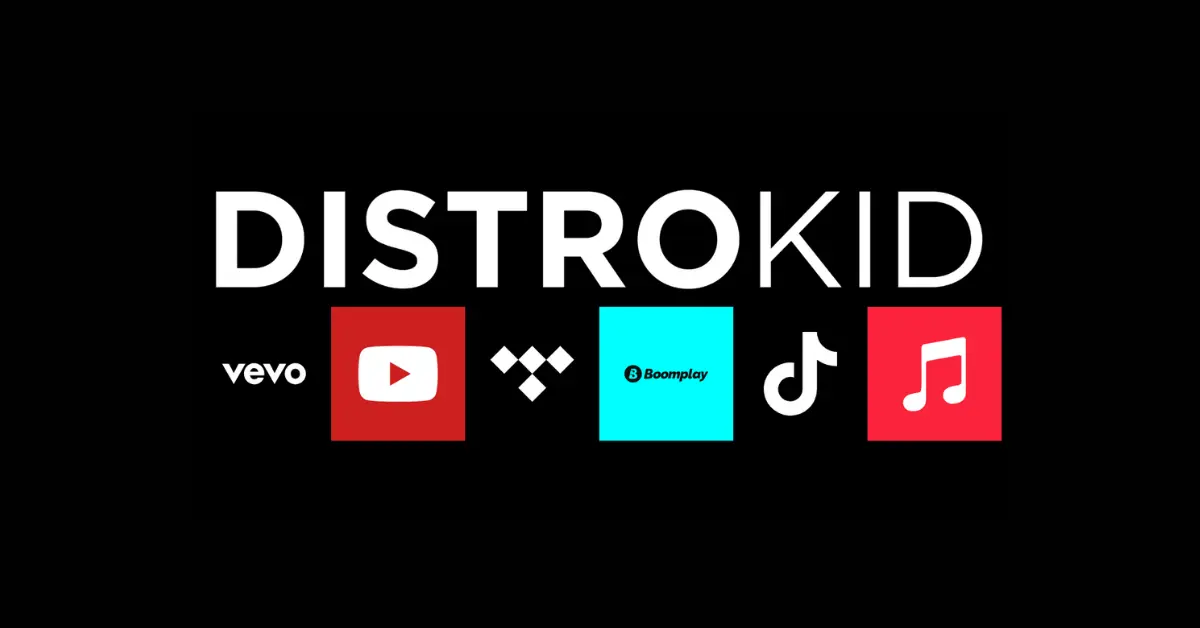
DistroKid vs. CD Baby
DistroKid vs. CD Baby Music Distribution for Independent Record Labels What’s good guys, Today I will be doing this post to discuss and share my
Even today mechanical royalties sounds like a foreign term for a lot of Artists and songwriters.
In this blog post, you will learn about the history behind mechanical royalties, what they are and how to collect them.
Let’s delve into the history first, so that we understand how it all started.

The term “mechanical royalty” dates back to the 1909, when existing music was reproduced on piano rolls.
Piano rolls are rolls of paper with perforated holes that contain musical note data. This data would be read by an electro-mechanical mechanism, instructing the piano to play the music automatically.
Because piano rolls were not considered sheet music, the companies that reproduced and sold them did not have to pay songwriters and publishers any royalties.
Congress stepped in to pass a new bill in 1909. This required a license to be purchased from publishers by companies, including when a player piano used a piano roll.
You can see that the term “mechanical” comes from the days when Piano Rolls were “mechanically” reproduced.
Before we delve into the exact explanation of what a mechanical royalty is, let’s understand the two different copyrights in regards to music.
Every song has 2 copyrights:
When a musical composition is reproduced into a Digital format (iTunes, Spotify) or a physical format (Vinyls and CDs), then the Streaming services and record labels need to pay mechanical royalties to the music publishers.

Yes. Streaming services are required by law to pay mechanical royalties for the reproduction of the rights owners’ controlled musical compositions.
Because streaming platforms like Spotify were introduced, a from there a problem had risen for music publishers. These platforms were purely digital, and it was unclear whether the same “mechanical” principle applied to them.
So what did these pesky streaming service do? Just like any other big corporation, they would keep the money and pretend it never happened.
That was until the Music Modernization Act in 2018 came along , and they were sued by independent music publishers. From there on it was decided that the music was “mechanically” reproduced on their servers every time a listener plays a song.
Spotify and other music stores would collect subscription and ad revenue from music listeners, they would payout the master recording royalties to labels and distributors , but did not know how to how to find and pay the Publisher’s mechanical royalties for the reproduction of their composition.
This is when the MLC was created and appointed by congress to collect mechanical royalties in the US from streaming.
Music Streaming Services are are also required by law to cover the operating expenses of the MLC in order for Publishers to get paid.
The MLC (Mechanical Licensing Collective) is solely responsible for collecting mechanical royalties from streaming services.
It depends on where you’re from and whether you have a publishing agreement with an administrator, music publisher or CMO, who collects directly from the MLC.
If you are registered with a admin like SongTrust, or TuneCore, or you are from Germany and register your music with GEMA, which collect both mechanical and performance royalties, then those they will collect from The MLC on your behalf.
If you are not in an admin deal and/ or don’t have someone who collects mechanical royalties on your behalf, then you can register with The MLC and claim your works for free. Always do your research.
If you are independent and distribute the copies yourself, then you receive both the physical sale and mechanical royalty.
For record labels, the Harry Fox Agency can license, collect and pay mechanical royalties for physical releases.
These royalties are usually paid by the record label to the HFA, which then pays the Publisher.
Sometimes there can be a direct agreement with Publisher and Record label, or it can be done through the HFA.
If you are an independent artist, then your Distributor will pay you the both the digital download sale from the recording and the mechanical royalty.
This part can be tricky for Record Labels, so bare with me. Whenever a song is digitally downloaded via something like iTunes or Amazon, the record label receives all the money, after which it needs to deduct a mechanical royalty to pay the music publishers and songwriters.
The record label can get a license through The MLC, HFA or do a direct deal in which it pays mechanical royalties to the Music Publisher and Songwriters.
If you would like to receive 100% of your international mechanical royalties, then getting affiliated with Music Reports and the Harry Fox agency can help you.
Both of them have international agreements with a huge network of organizations outside of the US.
Companies like SongTrust, TuneCore Publishing and CD Baby Boost make it easy for artists to collect both domestic and international mechanical royalties by acting as a so called “Publishing Administrator”. With these services, you register your songs with them and they handle all the registrations and collection on your behalf. There’s one catch though, these so called admins take a percentage of your royalties, usually anywhere between 15% and 20%.
You can see the tradeoff here, you can register with The MLC, The Harry Fox Agency, Music Reports and submit your songs there manually, or if it all seems too complicated, then you can sign a deal with an Admin like SongTrust for a 15% cut to do the heavy lifting for you, while you focus on your music.

You can see why mechanical royalties are such a complex topic.
This is why Music Publishers are dedicated companies who actively administrate the songs and license it to companies.
In any case, being informed about the types of royalties you are owed as a songwriter is an important journey in your music career.
Should you sign a publishing deal or join a Publishing Administrator to do the heavy lifting for you? It all depends on whether you want to take the task of administrating the catalog yourself, or give them 15-20%.
Whatever you do make sure to seek help from professionals and make informed decisions.
The information here provided is based upon my research and experience within the Music Publishing industry. Some of the information may not be entirely accurate at a later point in time.
Always do your research before attempting to affiliate yourself with the entities mentioned above.
In case you would like to know how to exactly setup your own publishing company and collect 100% of your international and mechanical royalties, then I recommend taking the 60 Day Record Label Course by Casey Graham, he explains and walks you through the registration processes and specifics.
If you have any questions, feel free to leave a comment below!
Share this post:

DistroKid vs. CD Baby Music Distribution for Independent Record Labels What’s good guys, Today I will be doing this post to discuss and share my

DistroKid’s music video distribution starting at $100 annually has been up for debate by some artists. Is it worth it?